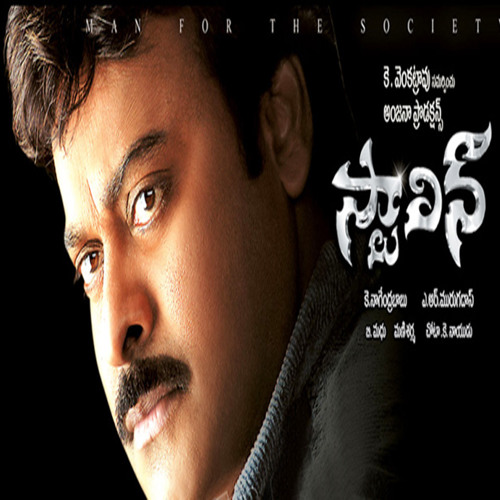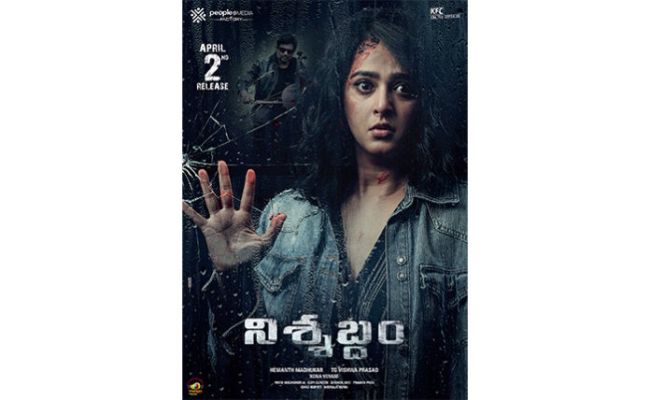
The Telugu soundtrack was released on 21 September 1955, and the Tamil version was released on 21 October 1955 both were marketed by HMV. Track listing Īll lyrics are written by Pingali Nagendrarao, except where noted. Nagendrarao was inspired by the line "A thing of beauty is a joy forever" from John Keats' " Endymion" for the song's phrase, "Andamulandari Aanandamule" ("Beauty gives joy to all"). When the vexed Rajeswara Rao asked Chakrapani to suggest a tune, he referred to a folk song he had heard as a child. It was the soundtrack's last song to be recorded, since Chakrapani rejected several of Rajeswara Rao's versions. "Brindavanamadi Andaridi" (its bridge in particular) is primarily based on the Shuddha Saveri raga, although an occasional gandhara note suggests the Arabhi raga. "Balanura Madana" is based on the Kharaharapriya raga, and "Telusukonave Yuvathi" is based on the Mohanam raga. "Ravoyi Chandamama" is based on the Abheri raga. Despite singing "Dharmam Chey" and "Sitaram Sitaram", Relangi Venkata Ramaiah was uncredited as a playback singer. "Ariya Paruvamada" and its Telugu version, "Balanura Madana", were Susheela's first songs for Rajeswara Rao. Although Susheela had recorded for Donga Ramudu (1955) first, Missamma was released earlier and was her breakthrough as a singer. Susheela to sing the remaining two songs featuring Jamuna after he was impressed with her rendition of "Anuragam Virisena" in the film Kanna Talli (1953). Rajeswara Rao, who collaborated with Raja on vocals for Nageswara Rao in Vipra Narayana (1954), took Rama Rao's approval before recording the songs. Rajah over Ghantasala to sing for Rama Rao in the Telugu version. Unlike their previous films, Vijaya Vauhini Studios preferred A. After Bhanumathi left the project, Leela was signed to sing for Savitri. Leela would sing for her character, Bhanumathi (also a playback singer) refused to let anyone else sing for her. The Tamil version had a slightly-different cast. Ranga Rao, Rushyendramani, Relangi and Ramana Reddy in supporting roles. Rama Rao and Savitri, with Akkineni Nageswara Rao, Jamuna, S. Nagi Reddy for Vijaya Vauhini Studios) and directed by L. Missamma was written by Aluri Chakrapani (who co-produced the film with B. Ramaiah Dass on the lyrics for the Telugu and Tamil versions of the film respectively. Rajeswara Rao composed the soundtrack and background score, collaborating with Pingali Nagendrarao and Thanjai N. The Tamil soundtrack, released a month later by HMV, also received similar critical acclaim. Missamma was released simultaneously in Tamil as Missiamma with a different cast the same soundtrack was used, with lyrics by Thanjai N. Although Rajeswara Rao was initially unhappy with his work, feeling that it was primarily influenced by Chakrapani, the soundtrack was critically and commercially successful.


The soundtrack album was released by HMV on 21 September 1955. Susheela to sing the remaining two songs featuring Jamuna, and Venkata Ramaiah sang two uncredited songs. Leela was chosen as Savitri's playback singer. Until Bhanumathi Ramakrishna was replaced by Savitri as the female lead, she was planned to provide vocals for her character in the film.

Rama Rao and Savitri played the lead roles the Telugu version, with Akkineni Nageswara Rao, Jamuna, S. The film was written by Aluri Chakrapani, who co-produced it with B. Rajeswara Rao, the soundtrack contains 11 songs with lyrics by Pingali Nagendrarao.

Missamma is the soundtrack of the 1955 Indian Telugu-language film of the same name directed by L.


 0 kommentar(er)
0 kommentar(er)
